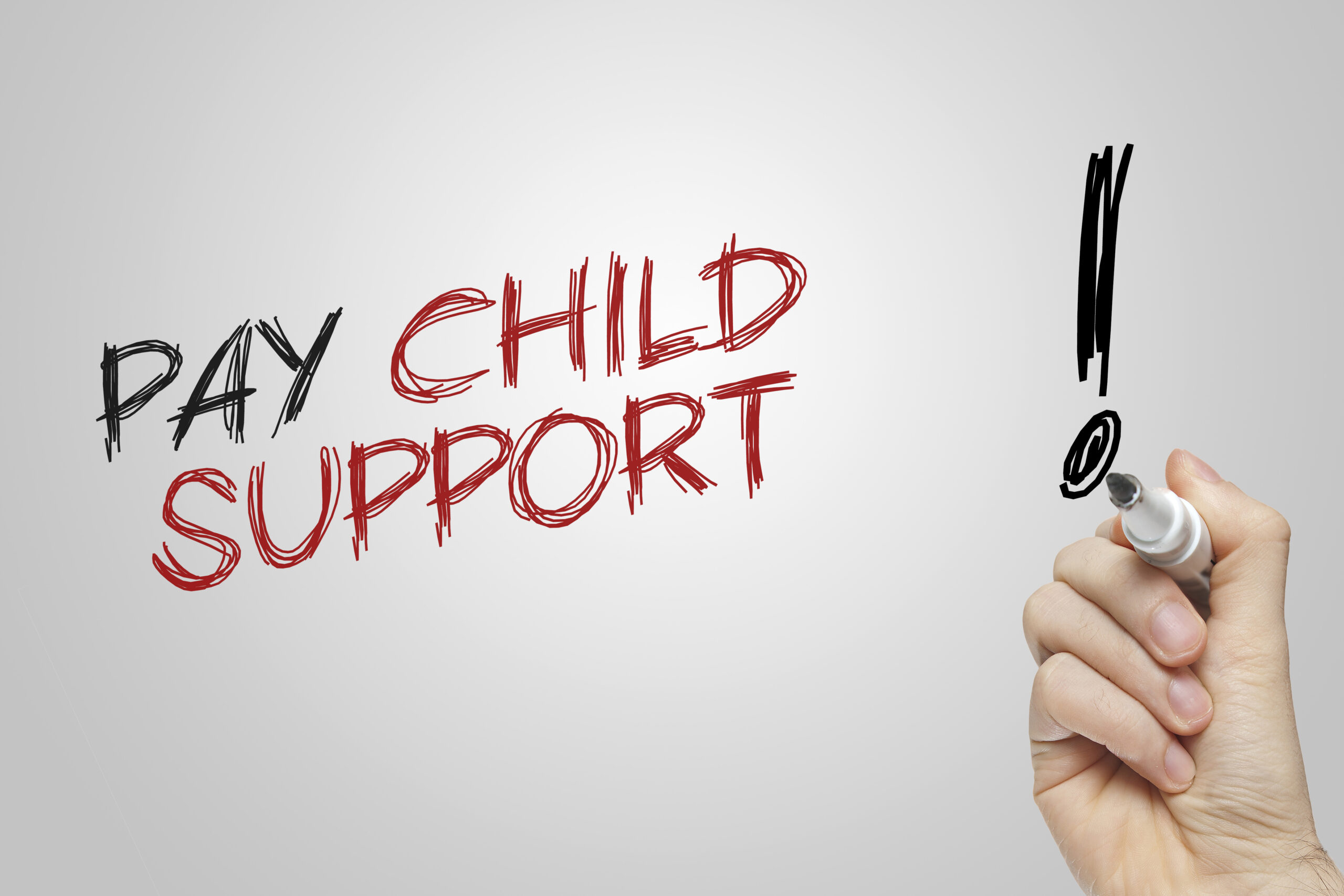When parents separate or divorce, the non-custodial parent is often required by law to pay child support to the custodial parent to help cover the child’s living expenses.
However, some non-custodial parents may look for ways to avoid paying child support, including signing over their parental rights.
But does signing over parental rights stop child support?
If a person’s parental rights are terminated, they are no longer legally considered the child’s parent. They will have no legal right to see the child and will not be obligated to pay child support in the future.
But, terminating parental rights requires court approval, which may not be given. In addition, signing over parental rights may not end your obligation for back-due child support.
In this article, we’ll dive into whether you can sign away your parental rights to avoid paying child support and explore the legal implications of such a decision.
What Does It Mean to Sign Over Parental Rights?
When a parent signs over their parental rights, they legally terminate their relationship with their child.
This means they will no longer have any legal responsibilities or rights to the child, including custody, visitation, decision-making, or financial support. The child is then free to be adopted by another person or family.

Does Signing Over Parental Rights Stop Child Support?
The short answer is “yes.”
When a parent’s rights are terminated, it means that their legal rights as a parent are taken away. As a result, the parent-child relationship ceases to exist, and the parent no longer has the right to raise the child. The parent loses the right to visit or communicate with the child.
One benefit of terminating parental rights is that the parent is no longer required to pay child support.
Furthermore, the parent’s name is removed from the child’s birth certificate, and the child can be adopted without the parent’s consent.
Who Can Terminate Parental Rights?
In most cases, a court is responsible for terminating a parent’s rights. The court will typically only grant a request to terminate parental rights if it determines it is in the child’s best interests to do so.
Depending on the circumstances, the request to terminate parental rights may be made by one or both parents, a legal guardian, or a child welfare agency.
It is important to note that terminating parental rights is a permanent action, and once rights are terminated, they cannot be reinstated.

When Can Signing Over Parental Rights Stop Child Support?
A few rare situations exist where signing over parental rights can stop child support. For example:
- The child is being adopted by a step-parent who is willing to assume full financial responsibility for the child.
- The other parent can financially support the child without assistance from the non-custodial parent.
- The non-custodial parent cannot pay child support due to financial hardship, disability, or other extenuating circumstances.
What are Some Typical Reasons a Court Will Terminate Parental Rights?
When considering the termination of parental rights, several reasons may warrant such severe legal action. Some of the most common reasons include abandonment, neglect, and the parent being deemed unfit to care for the child.
In situations with a significant risk of physical, emotional, or mental harm to the child if they were to be returned to the parent, terminating parental rights may be necessary.
Other reasons may include the parent making minimal efforts to support the child, failing to correct problems after Child Protective Services intervention, committing sexual assault, struggling with mental illness or instability, or having issues with alcohol or drug dependency that affects their ability to parent.
In my 30 years as an attorney, I have never seen a judge grant a motion to terminate parental rights unless one of two things happens:
- There is a new step-parent who wants to adopt the child, and the parents agree to the termination so the new step-parent can adopt.
- The court has terminated parental rights due to abandonment, abuse, or neglect.
I have never seen a court grant a request to terminate parental rights just so a parent can avoid paying child support.

Can a Court Refuse To Terminate Parental Rights Even if Both Parents Agree?
Both parents can agree to terminate parental rights, but the court may refuse to grant the request.
The court’s primary consideration in these cases is always the child’s best interests. If the court determines that terminating parental rights is not in the child’s best interests, it may refuse to grant the request, even if both parents agree.
Factors that may influence the court’s decision include:
- The child’s age.
- Relationship with the parents.
- The presence of any other caregivers or family members who may be able to provide a safe and stable home for the child.
Additionally, the court may consider the reasons behind the parents’ request to terminate their rights and any alternative solutions that may be available to address the concerns without terminating parental rights.
Ultimately, the court has the final say in whether or not to terminate parental rights, regardless of whether both parents agree.
What Are The Legal Implications of Signing Over Parental Rights?
Signing over parental rights is a serious decision with significant legal implications. Once a parent signs over their rights, they will no longer have any legal relationship with their child.
This means they will have no say in the child’s upbringing, education, or medical decisions. They will also lose any rights to visitation or custody of the child. Additionally, they will not be entitled to any information about the child, such as medical or school records.

Can a Parent Reverse Their Decision to Sign Over Parental Rights?
Sometimes, a parent may regret their decision to sign over their parental rights and wish to reverse it. However, once parental rights have been terminated, it can be difficult, if not impossible, to reverse the decision.
In most cases, the termination of parental rights is permanent, and the parent will have no legal relationship with the child moving forward.
FAQs:
Q: Can signing over parental rights be used to avoid paying child support?
A: While some non-custodial parents may see signing over parental rights as a way to avoid paying child support, it is not a guaranteed solution.
Child support is based on the best interests of the child. If a judge decides not to let a parent waive their parental rights, child support will be ordered and continued until the child is emancipated.
Q: Will signing over parental rights relieve a parent of all financial obligations to the child?
A: If the court terminates a person’s parental rights, it will terminate the obligation to pay child support in the future.
Q: Will terminating parental rights get rid of back-due child support?
A: Terminating parental rights does not necessarily eliminate back-due child support. In most cases, a parent who owes child support will still be required to pay any outstanding arrears, even if their rights are terminated.
Terminating parental rights only affects the parent’s legal relationship with the child and their responsibilities as a parent moving forward.
While the parent may no longer be responsible for ongoing child support payments after their rights are terminated, they will likely still be required to pay any outstanding arrears.

